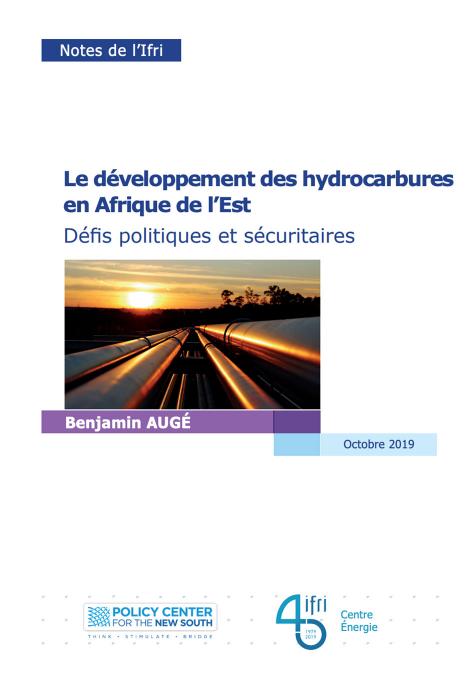Publications /
Policy Brief
After registering significant declines in 2015, the prices of non-renewable commodities rebounded during the first four months of 2016 resulting in a key question for many countries and economic stakeholders: can November 2015 be regarded as the low point of the cycle, suggesting a markets recovery, if not sustained, at least sustainable? The hypothesis seems reasonable, but recent crude oil developments have shown that the precautionary principle must prevail when attempting to predict the development of commodities prices. A speculative surge, a temporary upturn linked to supply pressures and a substantive improvement in fundamentals? The question still remains open. One thing seems nevertheless certain: price volatility will remain high for the duration of the year.







